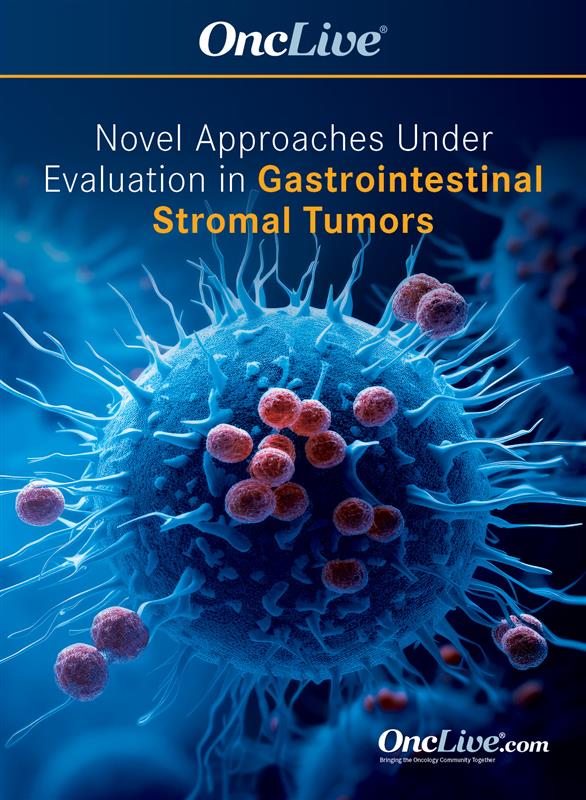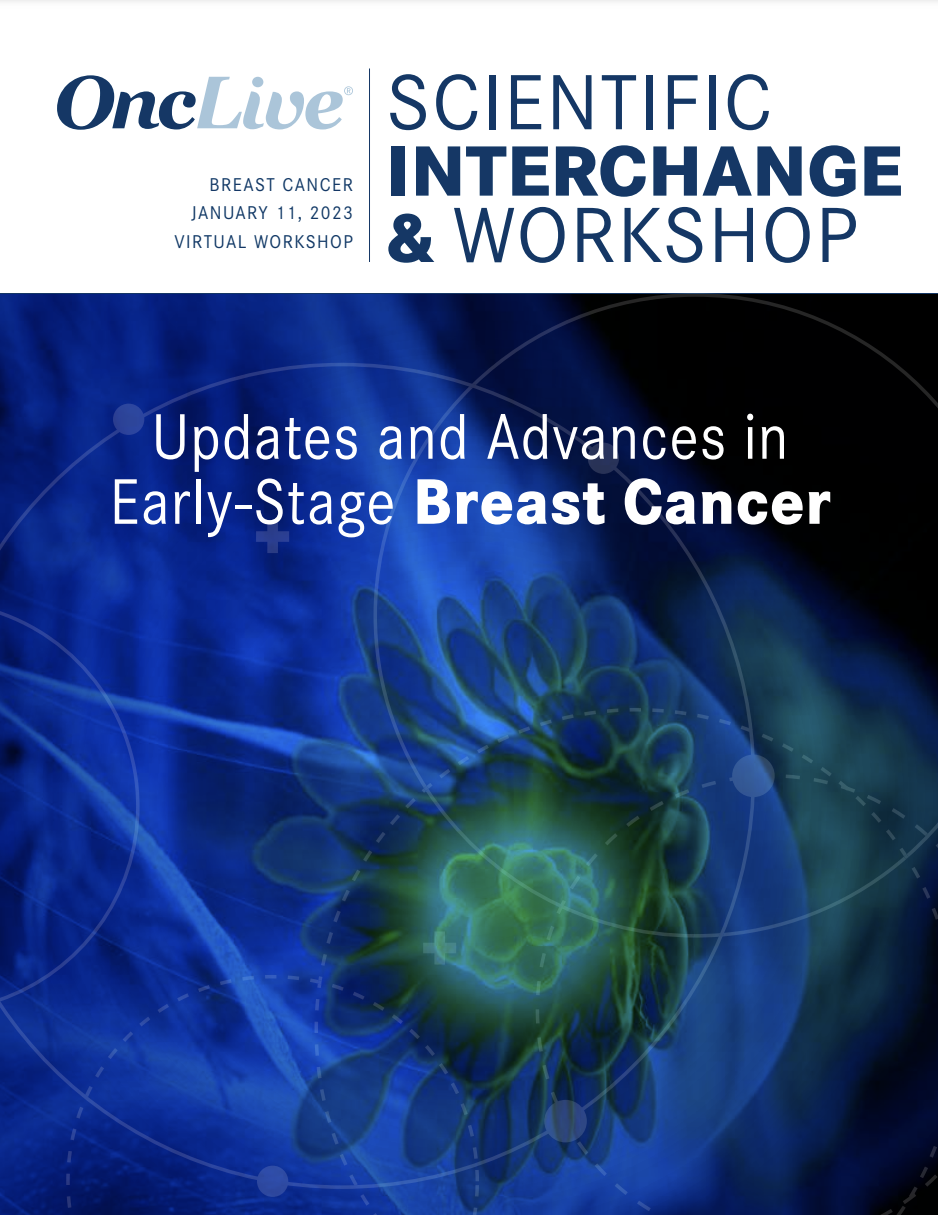Commentary
Video
Supplements and Featured Publications
Dr Marquina on the Importance of Referring Patients With GIST to Specialized Sarcoma Centers
Author(s):
Gloria Marquina, MD, PhD, as well as the need to consider ongoing clinical trials for patients with gastrointestinal stromal tumors vs treatment with the current second-line standard-of-care agent sunitinib.
Gloria Marquina, MD, PhD, Department of Medical Oncology, Hospital Universitario Clinico San Carlos, discusses the importance of referring patients with sarcoma to specialized centers, as well as the need to consider ongoing clinical trials for patients with gastrointestinal stromal tumors (GIST) vs treatment with the current second-line standard-of-care (SOC) agent sunitinib (Sutent).
GIST is a rare form of soft tissue sarcoma of the gastrointestinal tract that is characterized by high rates of malignant transformation. Patients diagnosed with sarcomas, especially GIST, should be directed to a specialized sarcoma center for treatment, Marquina begins. The primary benefit of referral is that patients will then undergo a comprehensive evaluation by an expert multidisciplinary team, ensuring an individualized and holistic approach to treatment, Marquina explains. Marquina and her colleagues at the sarcoma referral center in Hospital Universitario Clinico San Carlos are focused on providing each patient with personalized treatments that account for their unique needs while adhering to the established SOCs and guidelines for sarcoma.
Regarding the treatment of patients with GIST, sunitinib is considered the conventional second-line therapy for those who either cannot tolerate or experience disease progression on the TKI imatinib (Gleevec), Marquina continues. The medical oncology community widely acknowledges that patients may have access to emerging treatment options on a clinical trial that are not otherwise available to them. Accordingly, medical and community oncologists should stay informed about ongoing clinical trials that might provide their patients with alternative treatment choices in the second line, and they should reach out to a GIST specialist, if necessary, Marquina concludes.










